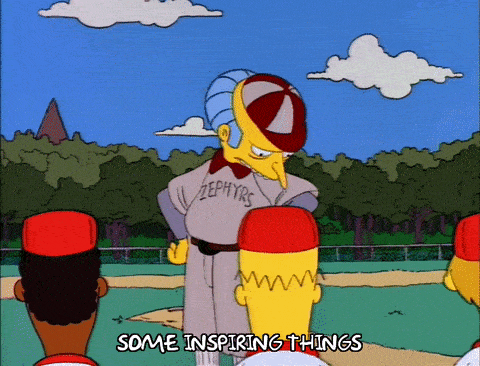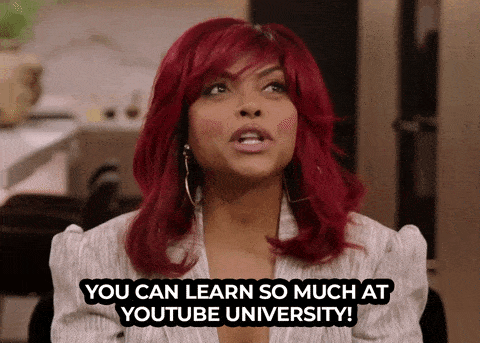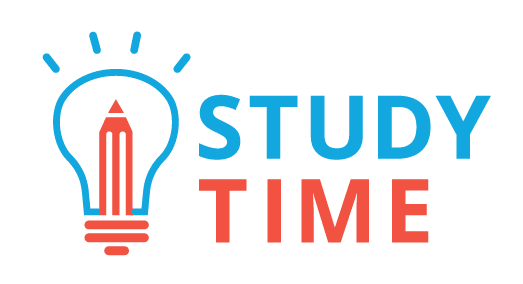Heaps of students opt for correspondence school to study their favourite subjects. Maybe you can’t attend in-person lessons, or maybe school just doesn’t offer the subject you’re really passionate about. Whatever the reason, correspondence school offers a variety of opportunities, and challenges, for students throughout NZ.
If you’re reading this, you’ve likely been doing correspondence for the year so far. But, as we approach exams and study season it’s always useful to have a refresher. Hey, you might even pick up something new.
So, how can you make the most of your correspondence experience?
Treat it Like an In-Person Class
When all the content is online, it can be easy to forget to give your correspondence subjects the time they deserve. What’s important is that you make physical space, and allocate enough time for each lesson. We subconsciously link our environment to what we focus on, so make sure you have your ‘correspondence lesson space’.

Some ways to get in the zone are:
- Allocating a specific space to do lessons each day. Go to the same classroom, or a different room in the house. Make that room only for your lessons.
- If you want to go on your phone, take a break in a different room.
- Making sure to give a full lesson time to each period. Dedicate one hour to your subject and get as much done as you can in your lesson time!
Stay Motivated
Easier said than done right? When you’re studying a subject all by yourself you’ll need ways of staying motivated and pushing yourself through your lessons when there’s not a teacher there to help you through it. Everyone is motivated by different things, so be open to trying a few things.

Some key ways to keep yourself motivated could be:
- Working in small chunks
- Don’t try to finish the course in one day. Set yourself small attainable goals each lesson. The more you reach these goals, the more you build your sense of confidence, and you’ll feel energised to get more done.
- Having a goal in mind and review your progress often
- Never lose sight of where you are in the course, and where you want to end up by the end of the year. Make sure you start each lesson with a goal in mind that will bring one step closer to achieving your goal, whether this be exams or a skill you’re trying to master.
- Changing it up
- Doing the same kind of lesson can make learning tedious. If you need to memorise a topic, voice record it and listen to it while going on a walk. Switch your favourite game to the language you’re studying. Try whatever method of learning works best for you and don’t be afraid to try new methods.
- Taking breaks
- The lesson will be there when you get back. If you’re feeling that mental block, go for a walk, have something to eat or have a conversation with someone around you. Making sure your mental battery is always charged up is important for staying motivated.
Use Your Computer
Seems obvious right? Some correspondence schools offer all course content from day one, others offer daily or weekly lessons. Regardless of which system you work with, use your computer to access helpful sites that can guide you through your content for the year.

Some of our personal favourite life hacks include:
- Using subject resources on the NZQA website to prepare for exam content and look at helpful examples of student exemplars.and past papers.
- Watching Ol’ Reliable Youtube to help with in-depth explanations or skill tutorials.
- Using word processors like Google Docs or Microsoft Word to make a collection of important notes from lessons.
- When it comes to revising, use Control + F to easily find keywords that you may need.
- Using browser extensions to make tedious online tasks easier.
- Language learners can use Rikaikun or Reverso Context to translate important key words and conjugations for any language (we do not recommend Google translate for this).
Make a Community
Bouncing ideas off of other people who are in the same boat as you will help you suss your material and understand it better. Putting a human face to content that we have strictly seen through a computer screen is important for connecting with the material more profoundly.
Why?
Because context is key when it comes to learning anything. Not only will it remind that you that the topic exists outside of a screen or piece of paper, but it will connect you with those who share the same interests. This is super important in communicating the value of the material you’re learning, as well as possible applications of your knowledge.

Take a break from the homework files and try:
- Getting involved with local or school clubs, like languages, art classes or scholarship groups.
- This one’s especially important for students who take more niche subjects!
- Joining a discord server or facebook group dedicated to your subject.
- There are heaps of language learning servers, as well as almost any topic. ‘Tis the internet after all.
- Our Facebook Help Group is great for bouncing questions and ideas to other students taking the same subjects.
- Getting in touch with experts in those fields.
- Write an email to your favourite artist, or contact an academic with some questions on their paper.
Become a Teacher
In the end, our online learning experience is up to us, and we need to be our own teachers when our online teacher isn’t available 24/7. We need to hold ourselves accountable to our goals and seek our own ways to feel motivated to continue learning.

- Take responsibility for identifying your gaps in knowledge.
- It’s important you can identify and address the areas that aren’t going so well. Do frequent quizzes or self checks on content and write down where you’ve had trouble so you can ask your teacher for help.
- Try teaching your subject to others.
- There’s no better way to solidify our knowledge than explaining it to others. Teach friends or family what you’ve learnt today. Is there any part you find difficult to explain? Does the content come naturally?
- Take care of yourself.
- In school our teachers take care of us, not just in regards to lesson content, but in our all round endeavours. Keep tabs on your efforts. Show up to your lesson fed and in a good mood. Stay on task and keep Tik Tok closed.
TLDR
Correspondence school is an all-around endeavour, and as students, we are responsible for our own correspondence journey.
- Make the time and space for your lesson.
- Do what keeps you motivated.
- Take advantage of a technology based learning environment.
- Take your studies offline.
- Become the teacher you need.

0 Comments